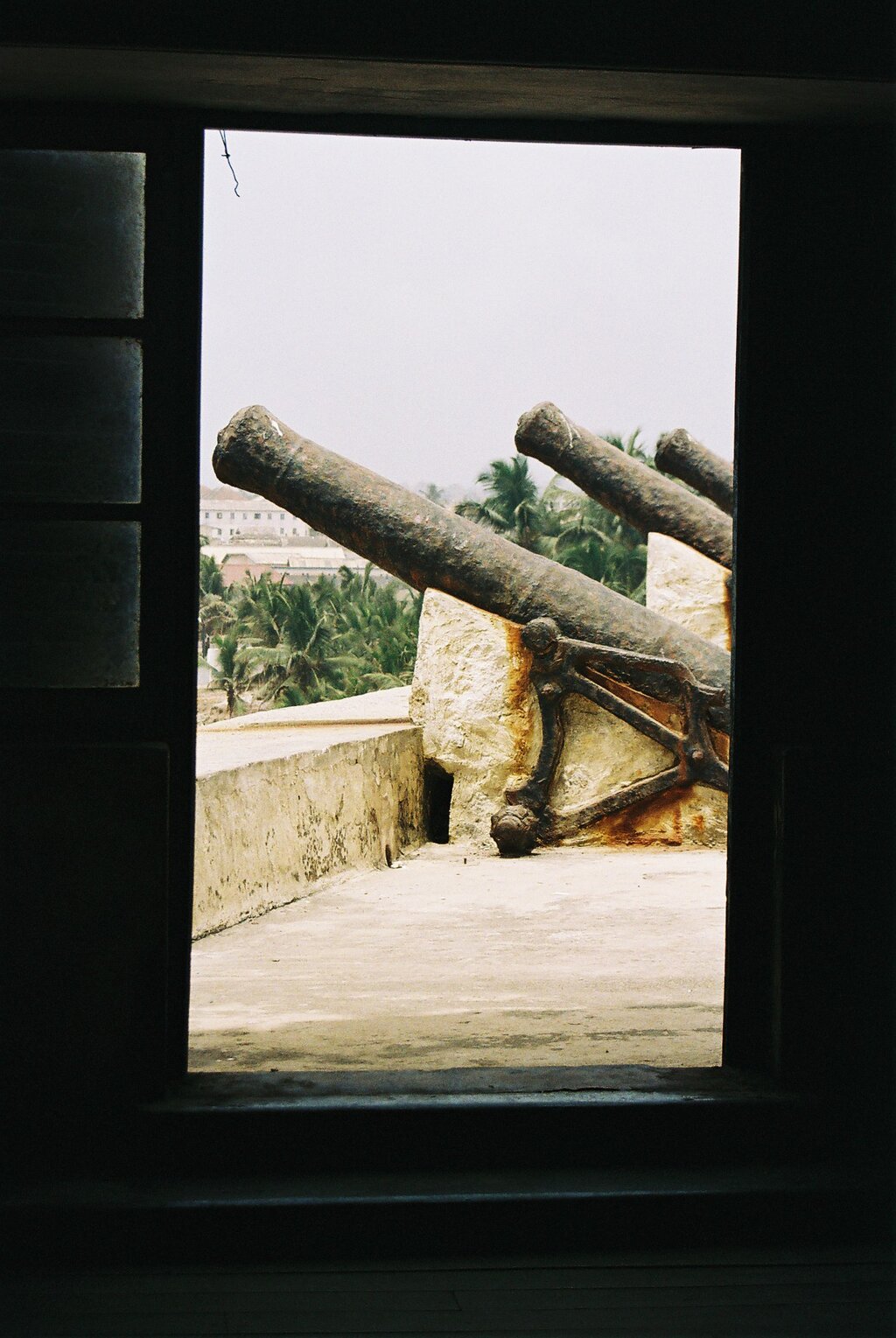
Military Expansion and Regional Dominance
Denkyira maintained its supremacy through a combination of military conquest and economic control. Its army was well-organized and equipped with European weapons, allowing it to enforce tribute systems and suppress rebellions.
The empire’s influence extended to the coast, where it sought to control access to European forts and trading posts. Denkyira’s rulers, including Boa Amponsem and later Ntim Gyakari, pursued aggressive policies to maintain dominance over gold trade and coastal commerce.
However, this expansionist strategy also created tensions with other Akan states and set the stage for future conflict with the rising Ashanti power.
Conflict with Ashanti and the Fall of Denkyira
By the late 17th century, Denkyira’s dominance began to face serious challenges. The Ashanti Kingdom, under the leadership of Osei Tutu I and his spiritual advisor Okomfo Anokye, began to unify the Akan clans and resist Denkyira’s tribute demands.
Osei Tutu, who had once been held hostage at the Denkyira court, returned to Kwaaman and rallied support for independence. He introduced the Golden Stool as a symbol of Ashanti unity and spiritual authority, galvanizing resistance against Denkyira.
In 1701, the decisive Battle of Feyiase took place. The Ashanti forces, united and inspired by the Golden Stool, defeated Denkyira’s army and killed Ntim Gyakari, the reigning king. This victory marked the collapse of the Denkyira Empire and the rise of the Ashanti Empire as the new dominant force in the region.
Legacy and Historical Significance
Though Denkyira fell from power, its legacy remains significant:
It was the first major Akan empire to centralize power and dominate trade in the forest belt.
Its military and administrative systems influenced the structure of the Ashanti Empire.
Denkyira’s history is preserved in oral traditions, royal praise songs, and cultural memory among Akan communities.
Today, Denkyira survives as a traditional kingdom with its seat in Dunkwa-on-Offin, maintaining ceremonial and cultural roles within Ghana’s chieftaincy system.
In Summary:
Who: Denkyira Empire (c. 1620–1701), dominant Akan state before the rise of Ashanti.
Known For: Military conquest, gold trade, and regional dominance in the forest belt of the Gold Coast.
Achievements: Subjugated neighboring states, controlled coastal trade routes, and built strong ties with European powers.
Legacy: Paved the way for the Ashanti Empire; remembered as a powerful and ambitious Akan polity that shaped early Ghanaian history.